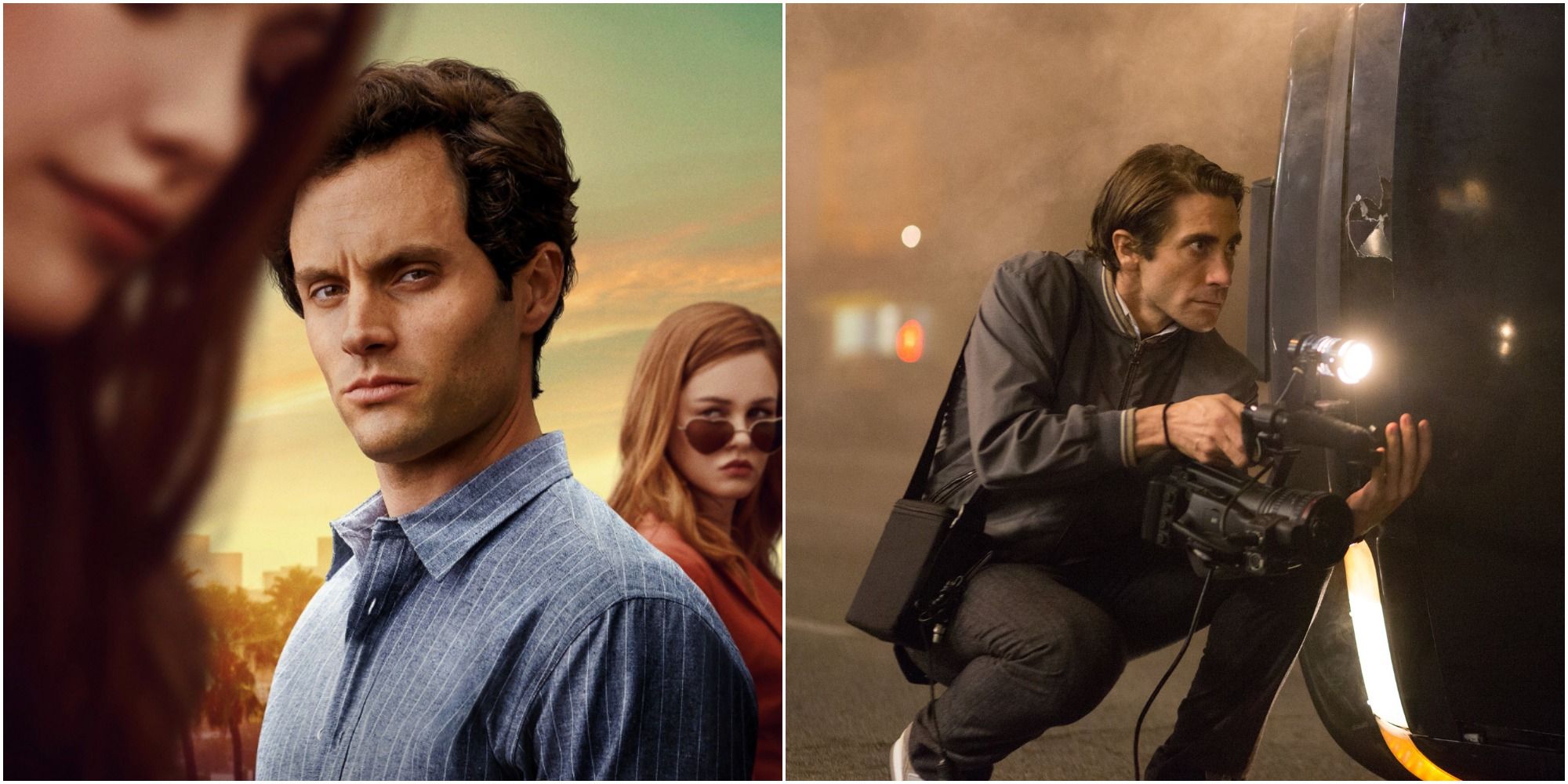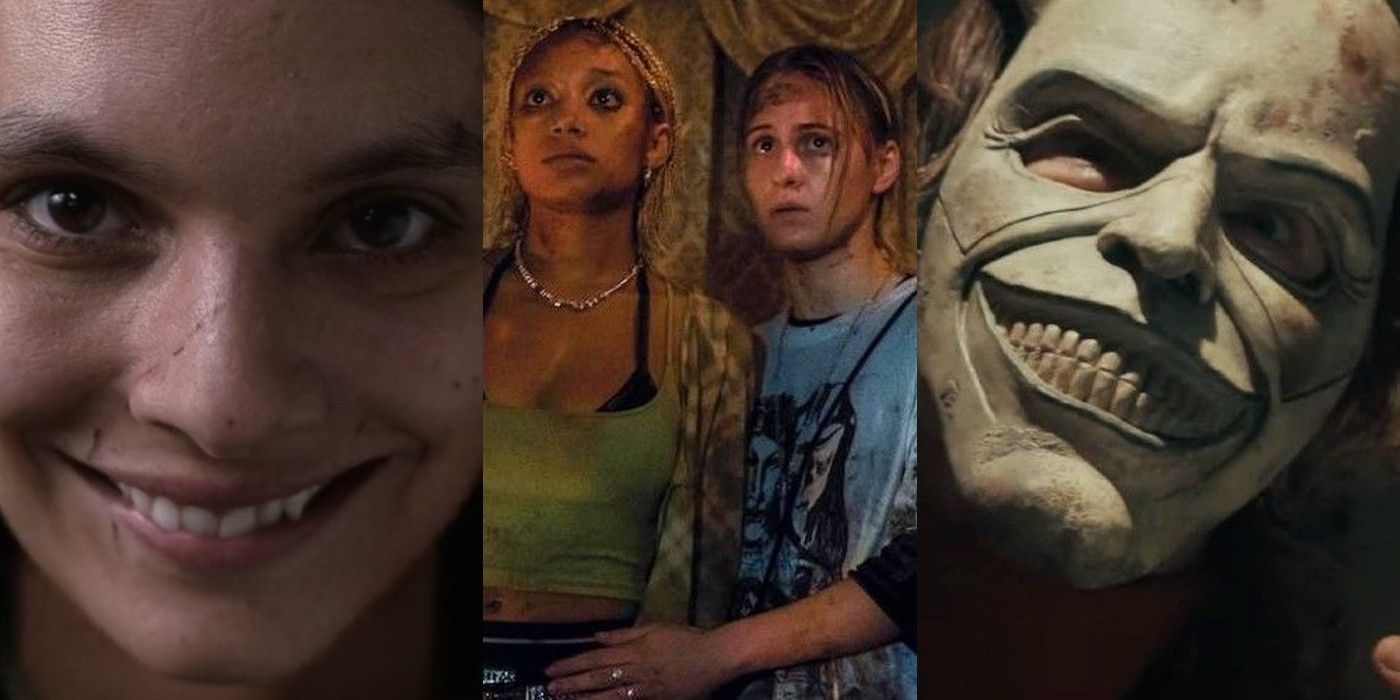Genres such as fantasy in 'Maleficent' and psychological thrillers like 'Gone Girl' have captivated audiences worldwide with their unique storytelling and immersive worlds. These genres allow filmmakers and writers to explore complex themes, emotions, and narratives that resonate deeply with viewers. Whether it's the magical realms of fantasy or the psychological twists of thrillers, these films offer a rich tapestry of experiences that challenge and entertain audiences.
The fantasy genre, exemplified by 'Maleficent,' transports us to enchanting worlds where good and evil coexist, often blurring the lines between them. It allows filmmakers to create visually stunning landscapes and characters that defy the boundaries of reality. Meanwhile, psychological thrillers like 'Gone Girl' delve into the darker aspects of human psychology, unraveling intricate mysteries that keep audiences on the edge of their seats.
Both genres are incredibly popular due to their ability to evoke strong emotions and provoke thought. They appeal to a wide range of audiences, offering diverse narratives that cater to different tastes. As we explore these genres further, we will uncover the elements that make them so compelling and analyze their impact on modern cinema.
Read also:What Did Erins Dad From Rhony Die From A Comprehensive Look Into The Life And Loss
Table of Contents
- Introduction to Genres Such as Fantasy and Psychological Thrillers
- The Fantasy Genre in 'Maleficent'
- Psychological Thrillers Like 'Gone Girl'
- Key Elements of the Fantasy Genre
- Key Elements of Psychological Thrillers
- Comparison Between Fantasy and Psychological Thrillers
- Impact on Modern Cinema
- Audience Engagement and Emotional Impact
- Famous Fantasy Movies Beyond 'Maleficent'
- Famous Psychological Thriller Movies Beyond 'Gone Girl'
- Conclusion and Final Thoughts
Introduction to Genres Such as Fantasy and Psychological Thrillers
Understanding genres such as fantasy in 'Maleficent' and psychological thrillers like 'Gone Girl' begins with recognizing the unique storytelling techniques they employ. These genres are not just about entertaining audiences; they are about creating immersive experiences that resonate on a deeper level.
The fantasy genre often involves mythical creatures, magical powers, and alternate realities. In 'Maleficent,' for example, the world is filled with fairies, curses, and enchanted forests. On the other hand, psychological thrillers focus on the intricacies of human behavior and the mind. 'Gone Girl' explores themes of deception, manipulation, and the complexities of relationships.
Both genres share a common goal: to captivate their audiences through compelling narratives. They use different tools to achieve this, but the result is the same—an unforgettable cinematic experience.
The Fantasy Genre in 'Maleficent'
World-Building in Fantasy Films
'Maleficent' is a prime example of how the fantasy genre creates rich, detailed worlds that draw viewers in. The film's world-building is meticulous, with every element carefully crafted to enhance the story. From the dark, eerie forests to the vibrant, magical realms, the setting plays a crucial role in shaping the narrative.
Key elements of world-building in 'Maleficent' include:
- Enchanted forests and mystical landscapes
- Mythical creatures such as fairies, dragons, and unicorns
- A rich history and mythology that underpins the story
Character Development in Fantasy Films
Character development is another critical aspect of the fantasy genre. In 'Maleficent,' the titular character undergoes a profound transformation, evolving from a vengeful antagonist to a sympathetic protagonist. This character arc is central to the film's success and demonstrates the genre's ability to explore complex themes.
Read also:Who Is The Wife Of Jimmy Uso A Comprehensive Guide To His Life And Relationship
Data from box office reports show that films with well-developed characters tend to perform better. For instance, 'Maleficent' grossed over $758 million worldwide, proving the appeal of strong character arcs in fantasy films.
Psychological Thrillers Like 'Gone Girl'
The Art of Suspense
Psychological thrillers like 'Gone Girl' excel in creating suspense and tension. The genre relies heavily on unexpected twists and turns, keeping audiences guessing until the very end. In 'Gone Girl,' director David Fincher masterfully builds suspense through clever dialogue, atmospheric cinematography, and a gripping narrative.
Suspense in psychological thrillers is often achieved through:
- Unreliable narrators and hidden truths
- Complex relationships and power dynamics
- Clues and red herrings that mislead the audience
Exploring Human Psychology
Psychological thrillers delve deep into the human psyche, exploring themes such as obsession, betrayal, and manipulation. 'Gone Girl' is a prime example of this, as it examines the dark side of marriage and relationships. The film challenges viewers to question their assumptions about love and trust, making it a thought-provoking experience.
Research from psychology journals supports the idea that films can influence our understanding of human behavior. Psychological thrillers, in particular, provide a platform for exploring complex emotions and motivations.
Key Elements of the Fantasy Genre
The fantasy genre is defined by several key elements that set it apart from other genres. These elements include:
- Magical systems and rules
- Alternate worlds and realities
- Mythical creatures and beings
- Heroic quests and epic battles
These elements work together to create immersive worlds that transport audiences to places beyond their imagination. Fantasy films often feature elaborate costumes, special effects, and breathtaking landscapes that enhance the viewing experience.
Key Elements of Psychological Thrillers
Psychological thrillers, on the other hand, focus on the mental and emotional aspects of storytelling. Key elements of this genre include:
- Complex characters with hidden agendas
- Twists and turns that challenge the audience's assumptions
- Atmospheric settings that heighten tension
- Themes of deception and manipulation
These elements combine to create a tense, gripping experience that keeps audiences engaged from start to finish.
Comparison Between Fantasy and Psychological Thrillers
Visual vs. Emotional Appeal
While both genres aim to captivate their audiences, they do so in different ways. Fantasy films appeal to viewers through their visual splendor, offering breathtaking landscapes and magical creatures. Psychological thrillers, on the other hand, rely on emotional intensity and intellectual stimulation to engage their audiences.
A study conducted by film scholars found that viewers often prefer genres that align with their personal interests. For instance, those who enjoy visually stunning films may gravitate toward fantasy, while those who prefer intellectually stimulating narratives may prefer psychological thrillers.
Themes and Messages
Both genres explore important themes and messages, albeit in different ways. Fantasy films often tackle universal themes such as good vs. evil, destiny, and transformation. Psychological thrillers, meanwhile, delve into more personal themes such as trust, betrayal, and the human condition.
These themes resonate with audiences on a deep level, making both genres highly relatable and impactful.
Impact on Modern Cinema
Genres such as fantasy in 'Maleficent' and psychological thrillers like 'Gone Girl' have had a significant impact on modern cinema. They have influenced the way films are made, marketed, and consumed. The success of these genres has led to increased investment in high-quality special effects, character development, and storytelling.
Data from the Motion Picture Association shows that fantasy and thriller films consistently rank among the highest-grossing genres worldwide. This success has spurred the production of numerous sequels, spin-offs, and adaptations, further expanding the reach of these genres.
Audience Engagement and Emotional Impact
Connecting with Viewers
Engaging audiences is crucial for the success of any film. Both fantasy and psychological thrillers achieve this by creating strong emotional connections with their viewers. Fantasy films transport audiences to magical worlds, allowing them to escape the realities of everyday life. Psychological thrillers, on the other hand, challenge viewers to think critically and question their assumptions.
Research from marketing experts suggests that films that evoke strong emotions are more likely to be shared and discussed on social media, increasing their reach and impact.
Emotional Resonance
The emotional impact of these genres cannot be overstated. Fantasy films often inspire hope and wonder, while psychological thrillers provoke fear and anxiety. Both emotions are powerful drivers of engagement and can lead to increased viewer satisfaction.
For example, 'Maleficent' has been praised for its ability to evoke empathy and understanding, while 'Gone Girl' has been lauded for its psychological depth and complexity.
Famous Fantasy Movies Beyond 'Maleficent'
While 'Maleficent' is a standout example of the fantasy genre, there are many other films that have made a significant impact. Some notable mentions include:
- 'The Lord of the Rings' trilogy
- 'Harry Potter' series
- 'Pan's Labyrinth'
- 'The Chronicles of Narnia'
These films have expanded the boundaries of the fantasy genre, offering diverse narratives and worlds that continue to captivate audiences.
Famous Psychological Thriller Movies Beyond 'Gone Girl'
Psychological thrillers like 'Gone Girl' have paved the way for many other successful films in the genre. Some notable examples include:
- 'The Silence of the Lambs'
- 'Shutter Island'
- 'Seven'
- 'Black Swan'
These films have pushed the boundaries of the genre, exploring new themes and techniques that continue to engage and challenge audiences.
Conclusion and Final Thoughts
In conclusion, genres such as fantasy in 'Maleficent' and psychological thrillers like 'Gone Girl' offer unique and compelling experiences for audiences. They transport viewers to magical worlds and delve into the complexities of the human mind, providing rich storytelling and emotional depth.
We invite you to share your thoughts and opinions in the comments section below. Which genre do you prefer, and why? Additionally, we encourage you to explore our other articles on film and entertainment for more insights and analysis.


